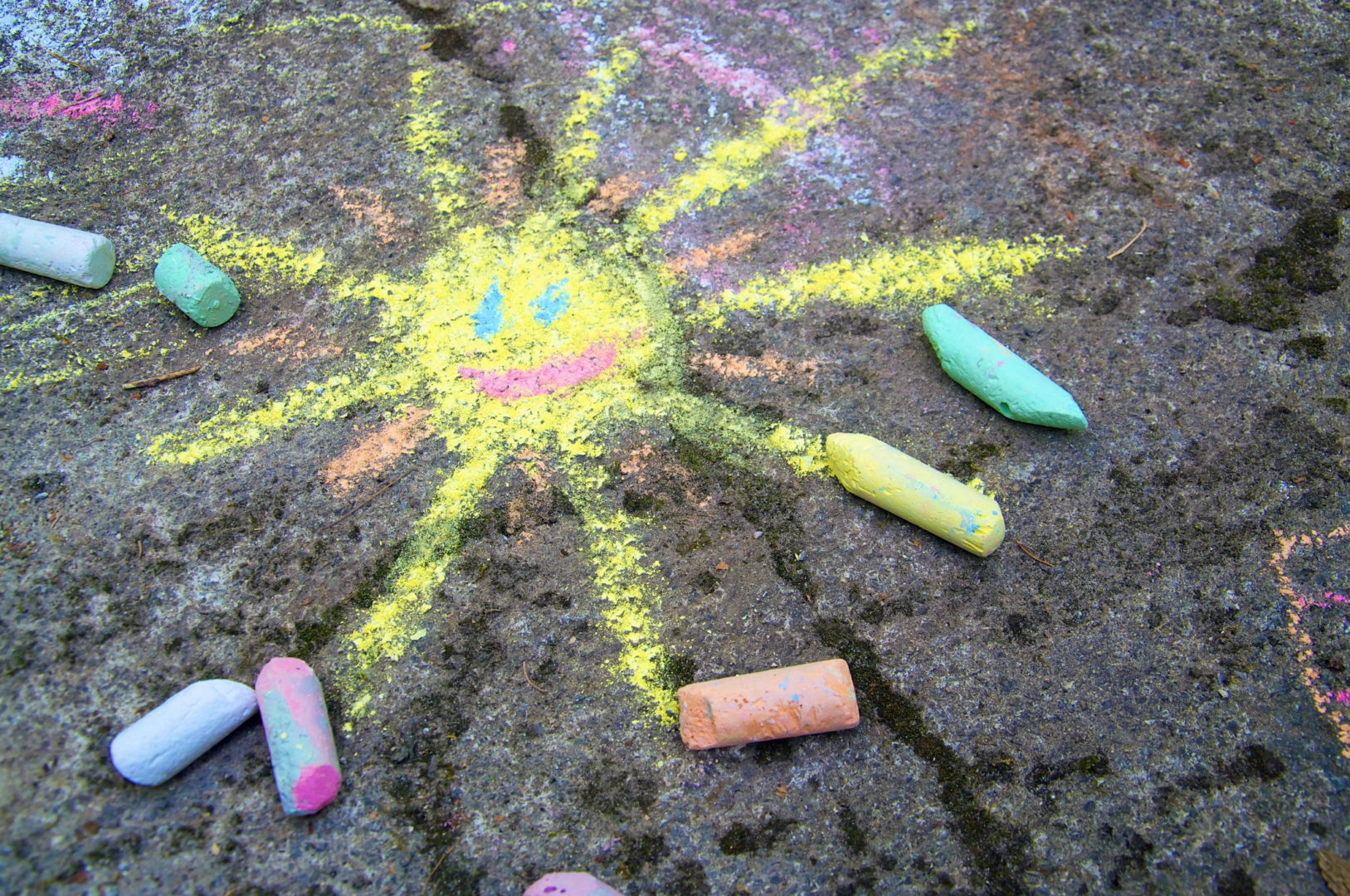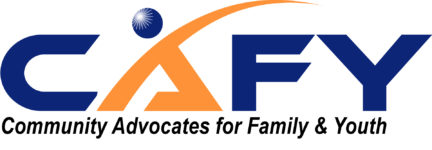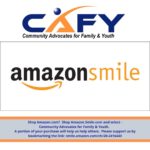Helping Your Child Recover from Abuse.
As a parent, your role in to help your child and yourself through this difficult experience.
Your role in helping your child recover is crucial. They will need your ongoing support, belief and protection. It will be help if you try to:
- Spend time with your child
- Accept that your child may be acting differently
- Respect your child’s wishes and be sensitive to their emotional needs.
Do’s and Don’ts When You Speak with Your Child
The most important message to get across to your child is that you do not blame them for the abuse.
Do:
- Tell them you believe them
- Reassure and support them
- Tell them that you do not blame them
- Tell them that you will try to keep them safe
- Let them know that you love them
- Let them know that you are glad that they told you
- Give them time to talk at their own pace
- Be open and clear
- Allow your child to talk about how they feel
- Try to be calm.
Don’t:
- Blame your child for what happened
- Suggest that it would have been better if they had not told anyone
- Tell your child that you blame yourself
- Tell your child to forget it ever happened
- Tell your child not to talk about it
- Get upset when your child talks about the abuse.
Look After Yourself
This is a very difficult time and you need to take care of yourself so that you can cope and be there to help your child. It may help if you:
- Talk to a counselor, close friend or to other parents of children who have been sexually abused
- Look after your health
- Organize some time out for yourself.
Know Your Feelings are Normal.
What are some of the feelings?
Loneliness
Is one of the most common feelings for parents. The feelings that your situation is one in a million; that this does not happen to other people; that no one will understand; no one will be able to help are all typical feelings
Anger
Anger at the offender for what he/she has done; at the child for letting the offender abuse him/her; at the child for telling you about the abuse.
Hurt
Hurt that someone you trusted could do this to your child; that your child told someone other than yourself.
Desperation & Confusion
Confusion as to what to do now for the child, yourself and family. Wanting to confront offender; knowing who to tell and knowing where to start.
These feelings are common in parents of child abuse victims. You may ask yourself, “How did I not know?” You may have been home or out, it would not have mattered. If the offender is intent on abusing a child, they will find the time to do it. Need help call CAFY 301-390-4092.
Where to Get Help
- Community Advocates for Family & Youth 301-390-4092
- Speak with the Child Protection worker if involved with your family about support services
- Your local Department of Human Services office
- Join Survivors are Free and Empowered (SAFE) for Parents a support groups for parents of children who have been sexually abused
- Legal Aid offices
- Your local community health center
Things to Remember
- You have a vital role in helping your child recover from sexual abuse.
- You are not responsible for the abuse. The abuser is the only person responsible.
- This is an extremely difficult time, so seek help and look after your needs as well as your child’s needs.


 Follow
Follow




